On January 20, 2019, a statue dedicated to the Armenian war criminal Mikhail Avagyan was unveiled in Southern Georgian city of Bughasheni at Akhalkalaki Municipality. The event received harsh protests from Azerbaijan and Turkey, since Avagyan was one of several people who were responsible for the crimes committed against Azerbaijani civilians in Horadiz, Khojali, Hadrut, and Fizuli during the Nagorno Karabakh war until he was killed during a battle. Interestingly the statue has been standing in the village for 22 years, but it was recently renovated by the Armenians of Javakheti.
This has not been the first incident where Javakheti Armenians have openly acted against Georgia’s interests.[1] Javakheti Armenians actively sought secessionism and to join Armenia since Georgia’s independence. But very recently, Javakheti Armenians also began to receive Armenian passports against Georgian law. Javakheti Armenians, located both in Georgia and in Russia, have been trying to get greater self-government rights, granting of regional language status to Armenians, return of Armenian churches, even the establishment of a “demilitarized zone” in Samtskhe-Javakheti region, and finally permission for dual citizenship.
A second very troubling point about the event is the timing of this ceremony. January 20 is a day of mourning in Azerbaijan, known as ‘Black January’, when in 1990 over a hundred mostly ethnic Azerbaijani civilians were killed in a crackdown on the civilian population of Baku. Thus, the unveiling of the Avagyan’s statue was an attempt to overshadow the commemoration of the mass atrocities against the Azerbaijani Turks. But what is more worrisome was the fact that two lawmakers from the ruling Georgian Dream party also took part in the inauguration of the statue besides Armenia’s ambassador in Tbilisi. Also, as can clearly be seen from the videos of the ‘ceremonious’ event, a flag of Armenia near the statue sways.[2] This is not only a provocation against Georgian people to see Armenian flag displayed at a part of Georgian territory which is known to have secessionist claims; it is undoubtedly worrisome for Georgia’s neighbors Azerbaijan and Turkey, and their trilateral cooperation in the South Caucasus.
There is a possibility that radical Armenians could be trying to spoil relations between Georgia and Azerbaijan and Turkey. Such attempts aim to overshadow not only historical atrocities and crimes committed by the Armenians but also to ruin a working cooperation mechanism in regional affairs. However, these attempts could succeed if and only when Georgian policy-makers have a coherent policy in the face of secessionism and terrorism. Georgia’s policy towards the Muslim minority members of Georgia have been murky at best. Georgia’s newly elected President Salome Zurabisvhili’s remarks before the elections referring to ‘Turks’ is just one example. The responsibility of managing a state is different than election campaigning. Hence, Turkey and Azerbaijan are curiously waiting to see the determination from Georgia’s new leadership to maintain and deepen regional cooperation, unless these relations are sacrificed to extremist discourse and secessionism. Adding to that, as we’ve tried to highlight in our previous articles, for Georgia, the danger is serious. But this time the fault (ill-doing) does not solely rest on Armenians’ shoulders. Georgia also bears responsibility for the indifference and even support to Armenian propaganda.
© 2009-2025 Center for Eurasian Studies (AVİM) All Rights Reserved
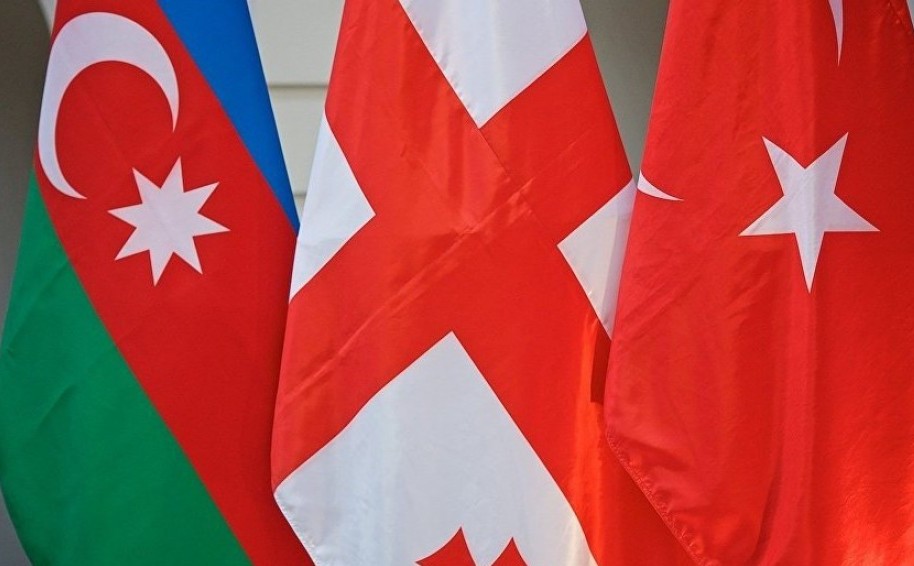
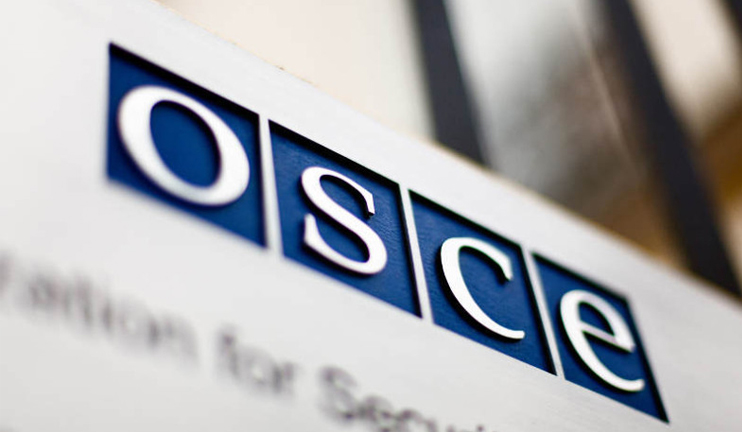 NEWLY APPOINTED US CO-CHAIR OF THE OSCE MINSK GROUP RICHARD HOAGLAND
NEWLY APPOINTED US CO-CHAIR OF THE OSCE MINSK GROUP RICHARD HOAGLAND
 SPEECH DELIVERED AT THE CONFERENCE TITLED “GLOBAL AND REGIONAL DETERMINANTS OF TRILATERAL COOPERATION”, TBLISI, JUNE 5TH 2018
SPEECH DELIVERED AT THE CONFERENCE TITLED “GLOBAL AND REGIONAL DETERMINANTS OF TRILATERAL COOPERATION”, TBLISI, JUNE 5TH 2018
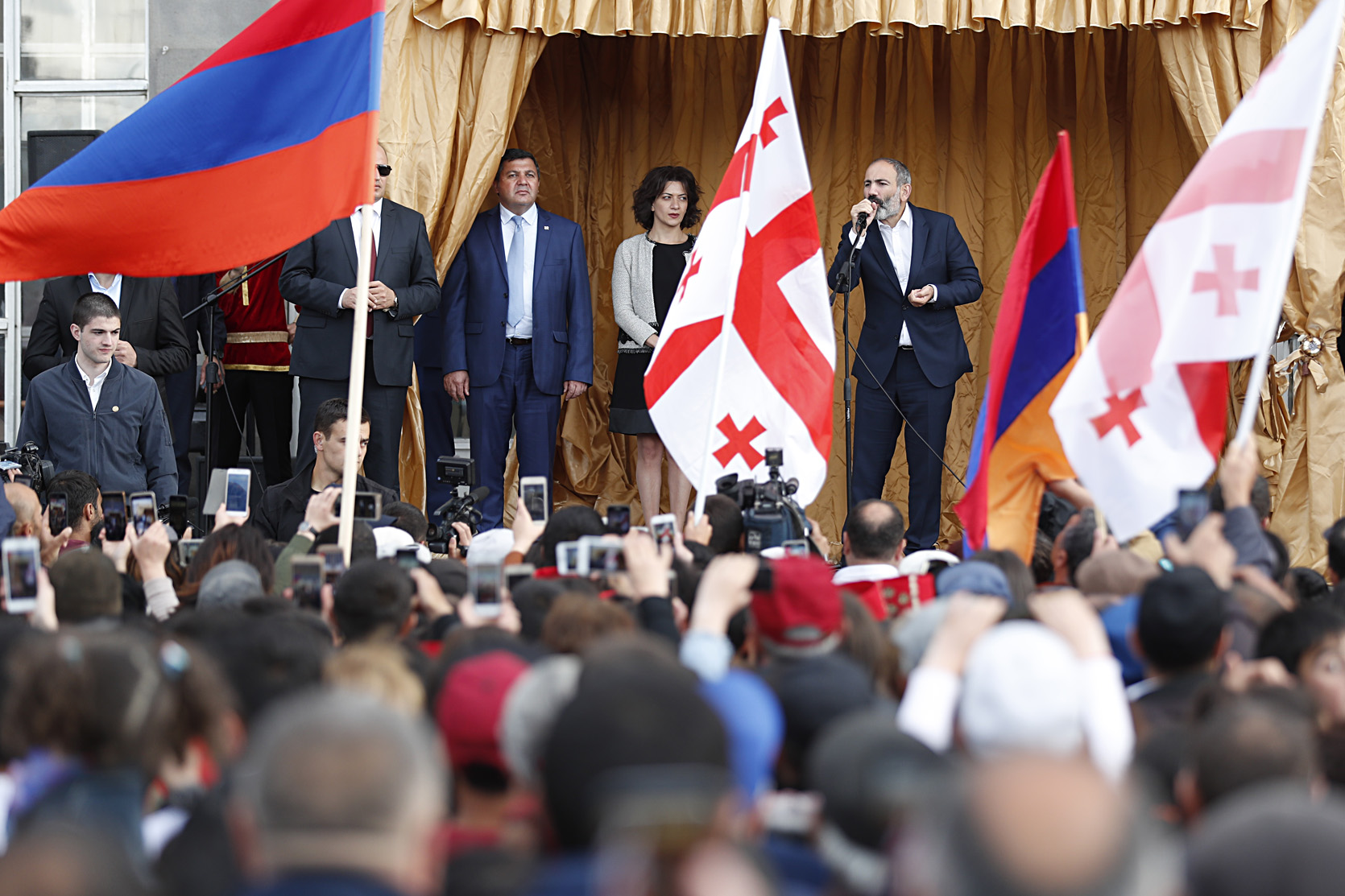 A NEW ERA BETWEEN ARMENIA AND GEORGIA, OR NEW TENSIONS?
A NEW ERA BETWEEN ARMENIA AND GEORGIA, OR NEW TENSIONS?
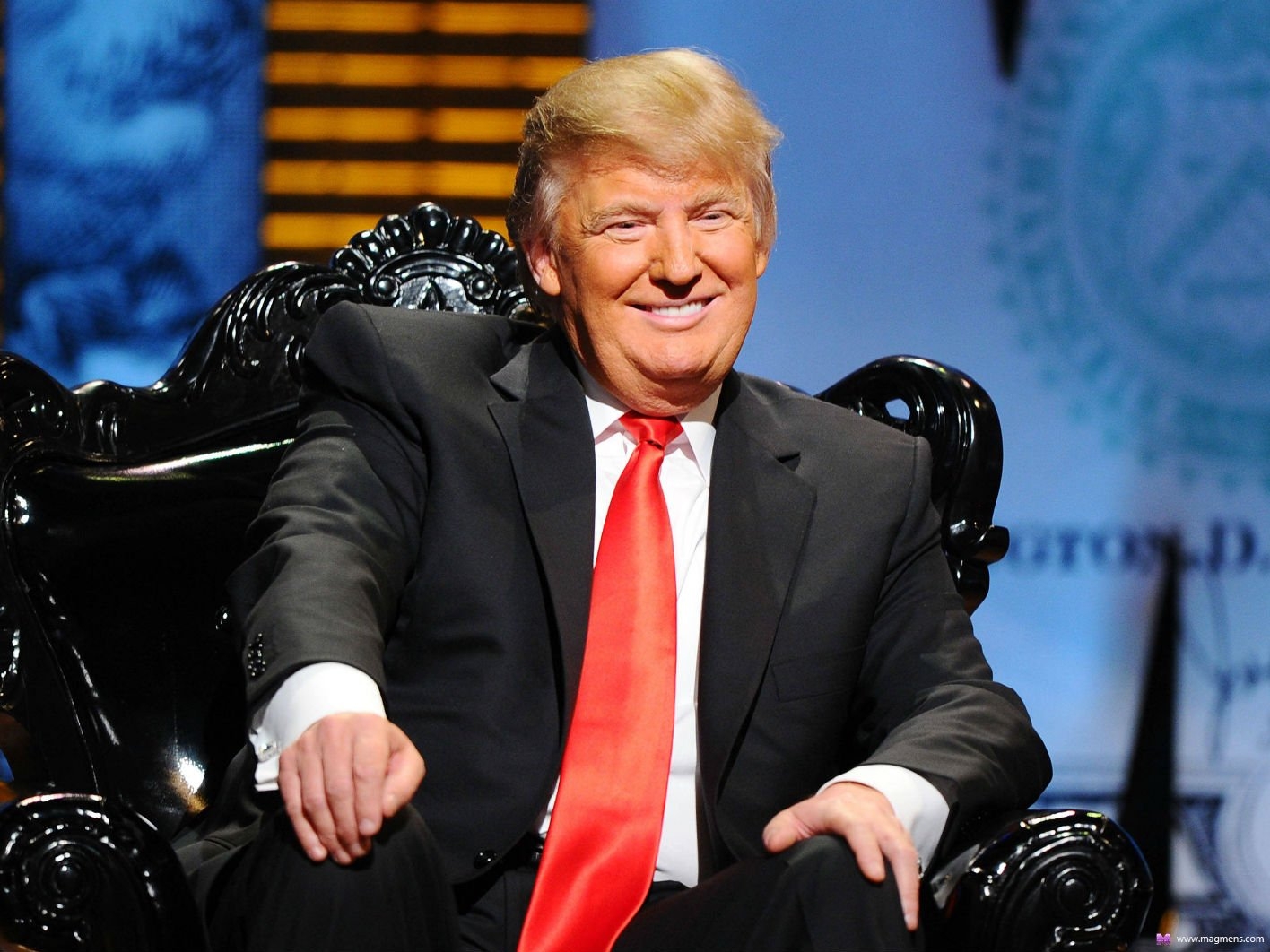 US PRESIDENT TRUMP’S STATEMENT
US PRESIDENT TRUMP’S STATEMENT
 GEORGIA’S CONTRADICTORY POLICIES ENDANGER REGIONAL COOPERATION
GEORGIA’S CONTRADICTORY POLICIES ENDANGER REGIONAL COOPERATION
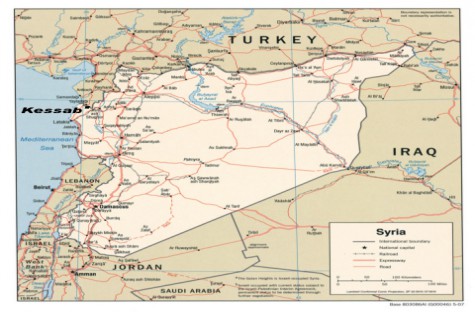 ARMENIAN CLAIMS WITH REGARD TO THE EVENTS IN KESSAB
ARMENIAN CLAIMS WITH REGARD TO THE EVENTS IN KESSAB
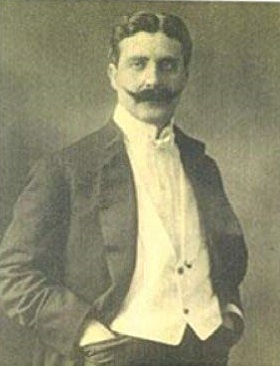 THE FORGED LETTERS ATTRIBUTED TO BAHAETTIN ŞAKIR AND MANIPULATIONS OF TANER AKÇAM
THE FORGED LETTERS ATTRIBUTED TO BAHAETTIN ŞAKIR AND MANIPULATIONS OF TANER AKÇAM
 AVIM WEBINAR VIDEO REMOVED FROM A SOCIAL MEDIA PLATFORM HAS BEEN REINSTATED
AVIM WEBINAR VIDEO REMOVED FROM A SOCIAL MEDIA PLATFORM HAS BEEN REINSTATED
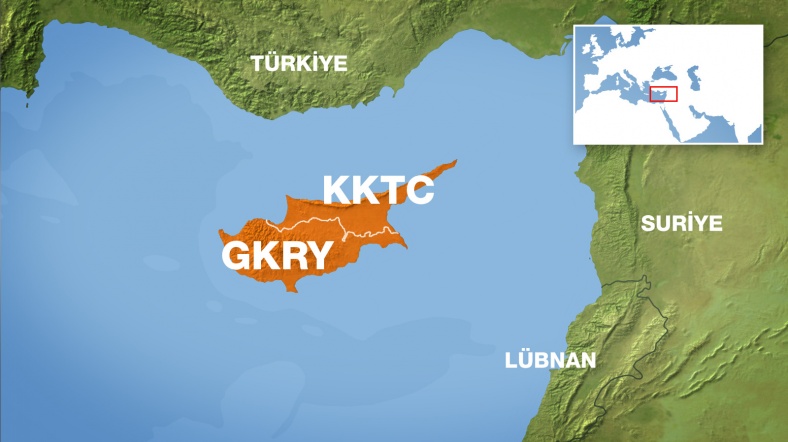 THE ARMAMENT EFFORTS OF THE GREEK CYPRIOT ADMINISTRATION OF SOUTHERN CYPRUS ARE CLEARLY BEYOND DEFENSIVE PURPOSES
THE ARMAMENT EFFORTS OF THE GREEK CYPRIOT ADMINISTRATION OF SOUTHERN CYPRUS ARE CLEARLY BEYOND DEFENSIVE PURPOSES




























